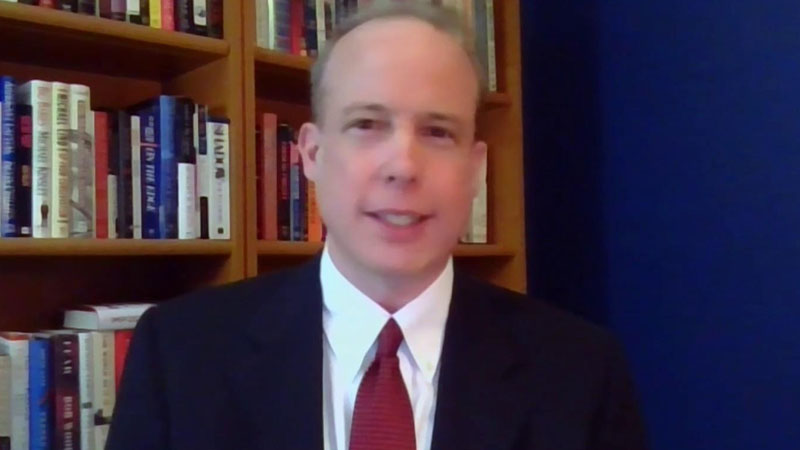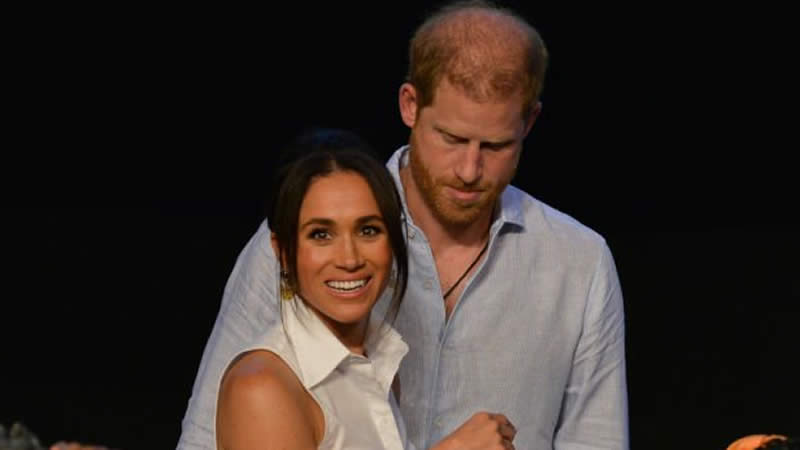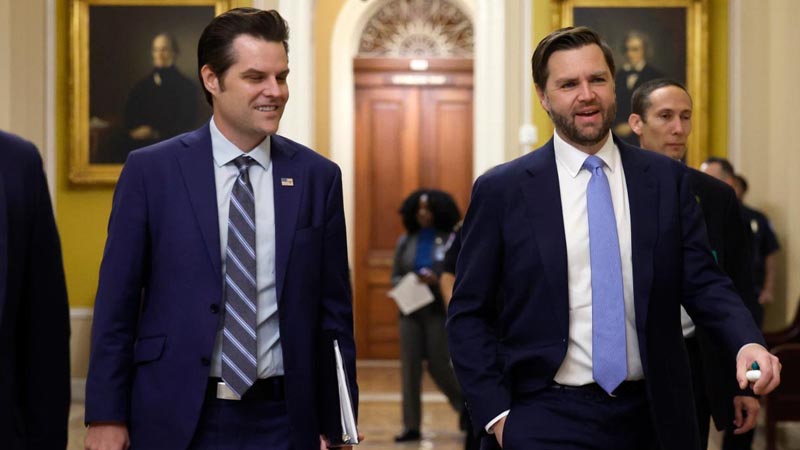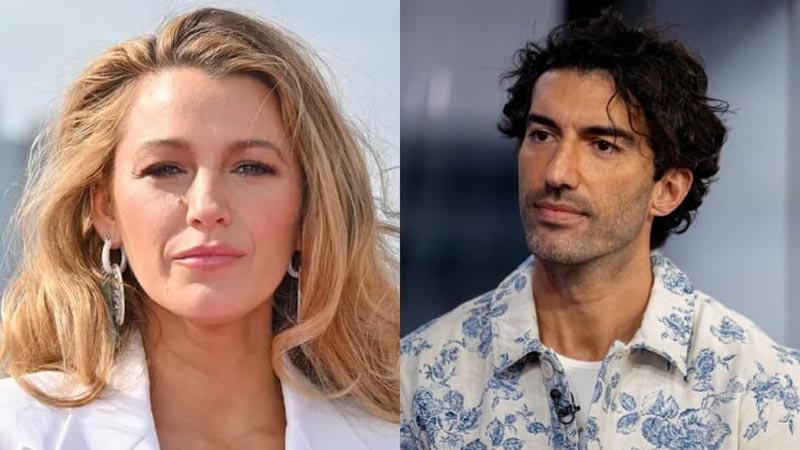Trump’s Threats of Legal Vengeance Highlight Gaps in Protections Against Vindictive Prosecutions

(Credit: Getty Images Joe Raedle)
Donald Trump has repeatedly threatened retribution against his political adversaries, and legal experts warn that his targets may have little protection against retaliatory prosecutions. The president has made over 100 threats to investigate, prosecute, and even try his perceived enemies before military tribunals.
University of Baltimore law professor Kimberly Wehle detailed the potential legal consequences in a column for Politico Magazine. “Unfortunately for those on Trump’s bad side, the law is pretty much stacked against them,” Wehle wrote. “That’s because not only is there no meaningful legal mechanism for a target to push back against vindictive or baseless investigations, but the law on vengeful prosecutions has little teeth.
More: Melania Trump Strikes $40 Million Amazon Deal for Documentary, Secures Massive Payout
More: Trump Faces Backlash After Reversing Musk’s Mass Firings of Nuclear Workers
Both were built on the presumption that prosecutors, with rare exceptions, act in good faith.” “Trump’s threats have turned that presumption on its head,” she added. President Joe Biden issued preemptive pardons to some individuals believed to be Trump’s targets, including former congresswoman Liz Cheney.
However, Wehle argued that “the law is stacked against anyone who comes into Trump’s legal crosshairs.” “The pardon would not shield Cheney from subpoenas and other unpleasantries arising from an investigation,” Wehle explained. “If slapped with a subpoena for testimony or documents, Cheney would have to employ counsel to seek a court order protecting her from having to respond.”
Wehle also noted that the Supreme Court has never ruled on whether a pardon can quash a subpoena. “Preemptive pardons that anticipate future investigations—like those Biden gave the Jan. 6 committee members, Dr. Anthony Fauci, Gen. Mark Milley, and five Biden family members—are largely unprecedented, with the prominent exception of President Gerald Ford’s pardon of Richard Nixon for his involvement in Watergate.”
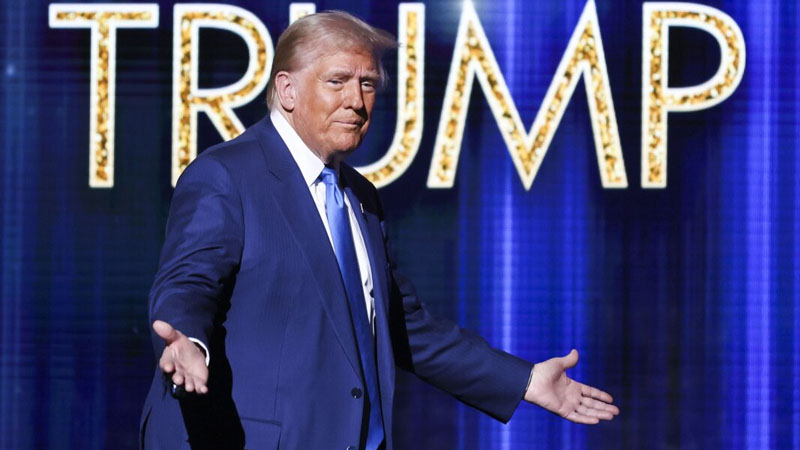
Cheney’s acceptance of a pardon would also make it difficult for her to refuse to testify, as she could no longer invoke the Fifth Amendment on pardoned matters. Additionally, Trump could still initiate criminal investigations into unrelated matters, such as Cheney’s tax records or banking transactions.
“If Trump carries through by prosecuting Cheney for something unrelated to the Jan. 6 committee, the current state of the law offers two routes for her to claim selective, malicious, or vindictive prosecution: mounting a defense to a criminal prosecution or filing a separate civil lawsuit,” Wehle wrote. “Neither is easy.”
More: Federal Judge Strikes Down Trump’s Executive Order on Transgender Health Care as Unconstitutional
More: MAGA Leaders Slam CBS Host Margaret Brennan Over Nazi Germany Free Speech Controversy
A selective prosecution defense would also be difficult, as Wehle pointed out. “Cheney could try and argue that Trump’s public statements attacking her irreparably damaged her right to due process by undermining the presumption of innocence and unfairly prejudicing jurors against her,” she explained. “The scope and precision of Trump’s vitriol is unprecedented, particularly for a person now at the apex of the federal criminal justice system.
For this very reason, DOJ guidelines frown on prosecutors commenting on pending cases.” Despite this, as long as Trump’s Department of Justice can present even minimal evidence suggesting Cheney might have committed a crime, the court may overlook the retaliatory motives. The unprecedented nature of this situation leaves little legal precedent for the courts to follow.
“So far, however, there are no published cases involving similar facts—because no prior president overtly promised to use the Justice Department as an arm of personal vengeance, let alone secured the White House in an election touting that conviction,” Wehle wrote. “Any court considering a case alleging that Trump’s rhetoric triggered a vindictive prosecution defense would be addressing a number of legal issues for the first time.”
For You:
- NYC Mayor Eric Adams Sparks Outrage with ‘Mein Kampf’ Reference Amid Calls for Resignation
- Melania Trump Strikes $40 Million Amazon Deal for Documentary, Secures Massive Payout
- Trump Faces Backlash After Reversing Musk’s Mass Firings of Nuclear Workers
- Federal Judge Strikes Down Trump’s Executive Order on Transgender Health Care as Unconstitutional
- MAGA Leaders Slam CBS Host Margaret Brennan Over Nazi Germany Free Speech Controversy
- Trump’s DOJ Shifts Power to Political Appointees, Bypassing Career Officials in Major Overhaul

